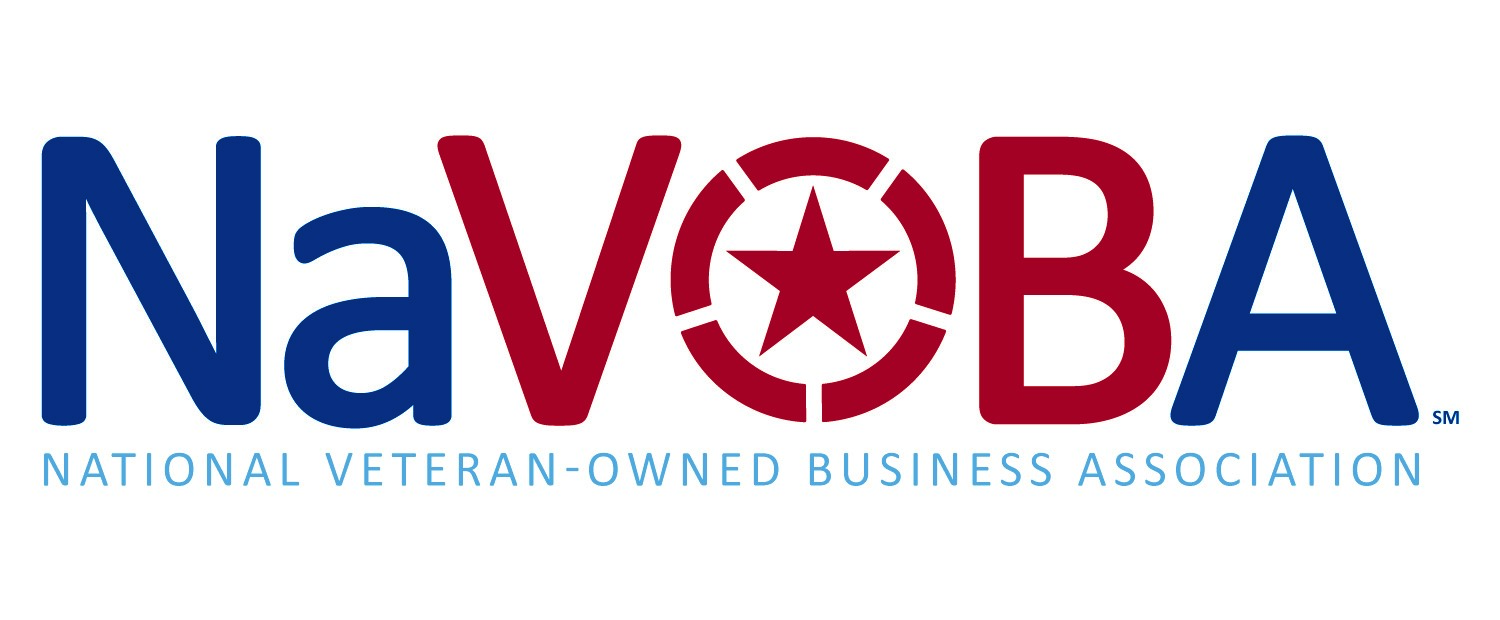The logistics sector serves as the pillar of worldwide trade, facilitating the smooth transition of products from one location to another.
At the heart of this intricate web of transportation is the freight agent.
If you’re thinking about becoming a freight agent, you have the opportunity to be a key part of this dynamic industry.
This guide has all the information you need to become a freight agent, including the skills and steps required to succeed in this career.
What is a Freight Agent?
A freight agent, or freight broker, helps connect shippers and carriers by acting as a middleman in the transportation process.
Their main responsibility is to guarantee that freight is moved in a efficient and effective manner.
Freight brokers are responsible for a number of services, including but not limited to, negotiating rates, arranging shipments, tracking cargo, and ensuring compliance with industry regulations.
Why Become a Freight Broker?
The demand for skilled freight agents is growing as the logistics industry continues to expand. Here are some reasons why becoming a freight agent could be a great career choice:
- High Demand: With the constant need for goods to be transported, the demand for freight agents remains strong.
- Good Income Potential: Successful freight agents can earn a significant income through commissions.
- Flexibility: Many freight brokers work remotely and determine their own schedule, offering a flexible work-life balance.
- Entrepreneurial Opportunities: As a freight broker, you have the potential to manageyour own business.
Essential Skills and Attributes of a Great Freight Agent
To excel in a freight agent career, you need to master a set of crucial skills and attributes:
1. Excellent Communication Skills
Freight agents must communicate effectively with shippers, carriers, and otherkey players in the transportation process. Clear, concise and timely communication helps prevent misunderstandings and ensures smooth operations.
2. Negotiation Skills
Negotiation is a key part of a freight agent’s job. You need to negotiate rates with carriers and shippers to ensure competitive pricing while maintaining profitability.
3. Attention to Detail
The logistics industry isall about the details. A small error can lead to significant issues, such as delayed shipments or financial losses. Being meticulous is essential for success.
4. Problem-Solving Skills
Freight agents often encounter unexpected challenges, such as delays or changes in shipment requirements. Being able to quickly adapt and effectively solve these problems is critical.
5. Organizational Skills
Managing multiple shipments, tracking cargo, and handling documentation requires excellent organizational skills. Keeping everything in order ensures efficient operations.
6. Knowledge of Industry Regulations
Knowing industry rules and following them is important to prevent legal problems and make sure all shipments meet industry standards.
7. Customer Service Skills
Providing excellent customer service helps build strong relationships with clients, leading to repeat business and positive referrals.
Challenges of a Freight Agent Career
While a career as a freight agent can be rewarding, it also comes with challenges:
- Competition: The logistics industry is highly competitive, and standing out requires dedication and excellent service.
- Economic Fluctuations: The logistics industry is influenced by economic conditions, which can affect demand for services.
- Industry Fraud: With the heigthened trend of fraud in the logistics industry, it is critical to work with trusted carrier partners.
Conclusion
Becoming a top freight agent requires a combination of skills, knowledge, and dedication.
To have a successful career as a freight broker, focus on improving your communication, negotiation, and organizational skills. Gain industry experience, get the required training, and always strive to enhance your services.
In addition, embrace the challenges, stay committed to excellence, and you can thrive as a top freight agent in this dynamic field.









